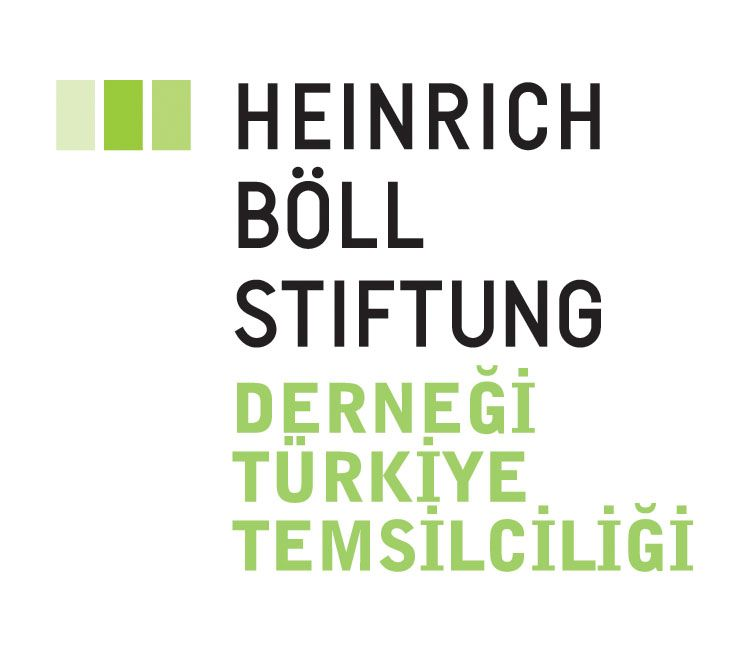
Milestones in International Relations in Two Decades
Since the start of the new millennium, several events have been unfolding and causing dramatic shifts in international politics. The scene was set by the terror acts staged by Al Qaida in the U.S. on 9/11 2001, culminating in military intervention by the latter in Afghanistan and the unilateral operation in Iraq on precarious grounds, to be succeeded by the Russia-Georgia war in 2008, and the Russian illegal and illegitimate occupation and annexation of Crimea and subversion in the Donbas region of Ukraine. The final blow came in February 2022 when Russia re-initiated its aggression in different parts of Ukraine, violating its independence, sovereignty, and territorial integrity.
Throughout those traumatic years, the steady rise of China has become a naked reality resulting in the strategic rivalry between the U.S. and China focused on the Indo-Pacific region with the recent escalation of tension among China, the U.S., and Taiwan over the Taiwan Strait.
First Years of AKP Rule in Türkiye’s Foreign and Security Policies
During the last twenty years, Turkish domestic politics has undeniably transformed with its ever-increasing imprint on Türkiye’s foreign and security policies. In that respect, the main thrust of Türkiye’s foreign and security policy remained intact in the first eight years of the Justice and Development Party (AKP) government.
The ruling cadres of the AKP did not tamper with the behavioral patterns of Turkish diplomacy predicated on traditional Republican principles and values. In the first eight years in power (2002-2010), they prioritized further improving Türkiye’s relations with the West and its institutions, emphasizing EU integration. That quest coincided with the restructuring of the economy and political reforms, preparing a conducive ground for better and sounder ties with the European countries, supporting its European vocation, which has been one of the trademarks of its conventional diplomacy since the foundation of the Republic.
The thrust of Foreign and Security Policies in the Early Republican Era
The newly founded Turkish Republic in 1923 first put into effect domestic reforms necessary for nation-building under Atatürk’s leadership, followed by foreign and security policy initiatives in the 1930s designed to construct a broad belt of peace and stability in all directions around the country.
At the height of the Turkish War of Liberation, Türkiye signed the Treaty of Moscow with the Soviet Union in 1921, followed by the Treaty of Kars the same year, to be complemented by the signing of a non-aggression pact in 1925.
Türkiye’s attempt to build an arc of peace and stability did not stop with striking an atmosphere of friendship with the Soviet Union in the north. Türkiye and Greece signed a series of agreements, including but not limited to the Athens and Ankara Agreements in 1926 and 1930 in the run-up to the Second World War, which opened a cooperative relationship between the two countries for almost three decades until the outbreak of the Cyprus problem in the early 1960s.
The bilateral rapprochement between Türkiye and Greece was crowned with the signing of the Balkan Entente in 1934 among Türkiye, Greece, Romania, and Yugoslavia in Athens at the urging of Atatürk. Thus, the bilateral and multilateral frames of cooperation were successfully built in the Western direction of Türkiye as part of Atatürk’s vision of ‘Peace at Home, Peace in the World’.
The new Republic did not neglect the ‘Eastern front’ either. The Treaty of Saadabad was signed in 1937 among Türkiye, Iran, Iraq, and Afghanistan. The portion of the Middle East near Turkey was also the focus of the Republican leadership starting from the Ankara Agreement of 1921 with France, which also recognized the area surrounding the Tomb of Suleyman Shah as an exclave of Türkiye in Syria. The main driving principle at this period adopted by Atatürk was not to meddle in intra-Arab issues without prejudice to Türkiye’s need to keep good neighborly relations with the Middle Eastern countries.
In a nutshell, Türkiye was able to build a web of peaceful relations in its historical and cultural hinterland in all directions in parallel to improving and strengthening its anchor within the European family of nations.
Cauldron of Challenges Since 2010
Since the beginning of the so-called ‘Arab Spring’ or uprisings in 2010, Türkiye’s foreign and security policies started to undergo dramatic changes, particularly from within, geared toward unraveling the very tenets on which it was based until then.
2014, when Russia illegally occupied and annexed Crimea and ISIL launched terror acts in Syria and Iraq, declaring its ‘Islamic Caliphate State’, could be considered as the turning point for Türkiye’s foreign and security policies. But the real shifting moment came following the failed coup attempt by a religious sect, the FETÖ. The deepening divergences with the U.S., particularly on how to shape the future of Syria and tackle the U.S. support to PYD/YPG, an offshoot of PKK in Northeast Syria, was also instrumental in this change. This challenge was exacerbated by open ties between Russia and PKK/PYD/YPG and its ambivalent attitude when dealing with those terror groups in Northwestern Syria.
Such circumstances are not only of Türkiye’s making, but the Turkish leadership took decisions away from the well-established traditional practices they had enjoyed before 2014, which culminated in aggravating the fragile situation in Syria, working against Türkiye’s interest there and beyond. As a result, Türkiye was squeezed between the power politics of the U.S. and Russia, not to mention the disruptive acts of Iran in the region, against the backdrop of deteriorating economic balances in Türkiye and overstretching its resources hitting hard at domestic politics and society.
The change did not stop in Syria and extended to Eastern Mediterranean, involving increasing tension, particularly with Greece and Türkiye’s Western Allies. The ongoing Cyprus problem, waiting for an enduring solution for decades, together with the challenges in searching, drilling, and exploring hydrocarbon reserves in the Eastern Mediterranean, further compounded Türkiye’s relations with the neighboring countries and led to the militarization of its foreign and security policies on a regional scale. Under such conditions, the diplomatic track, a hallmark of traditional Turkish diplomacy in the past, receded.
The conundrum represented by the chaos in Libya and its impact on the delimitation of exclusive economic zones in the Eastern Mediterranean was also a bone of contention which raised the stakes for Türkiye and pitted it against its rivals and friends in the region. This has become another serious diplomatic issue for Türkiye to settle in its immediate vicinity. The broader militarization and de-secularization of foreign and security policies have become hallmarks of Türkiye in a wider regional context.
The deliberate shift from ‘Peace at Home, Peace in the World’ to ‘Polarisation at Home, Confrontation in the Wider Neighbourhood’ did not bring any tangible and beneficial results. On the contrary, it drifted Türkiye to an arc of loneliness in its historical and cultural hinterland.
Finally, in 2021 after realizing that foreign and security policies based on miscalculation backfired in many aspects, be it domestic or external, the Turkish leadership began to set the record straight with a view to turning back to normalcy in conducting Türkiye’s foreign and security policies reminiscent of the past. The idea to normalize relations with regional countries of importance like Egypt, Israel, Saudia Arabia, the United Arab Emirates, and the like gained traction while the Turco-Greek relations became increasingly tense, which cannot solely be attributed to Türkiye.
What Should Be Done in the New Era?
Conditions in international politics have now radically changed. After Russia started its second invasion of Ukraine and the increase in tension between the U.S. and China, the strategic rivalry took center stage in the global order with far-reaching consequences also in Türkiye’s neighborhood. Hence, on the cusp of an entirely new era, there is a clear need for Türkiye to reconstruct peace at home and to be an active player in shaping and contributing to global peace and stability, starting from its immediate hinterland by giving priority to its well-established patterns of institutional diplomacy. The alternative would be chaotic developments at home and further isolation in international arena.

Fatih Ceylan, Ambassador (R.)
He was born in 1957 in Bursa. He graduated from Ankara University, Faculty of Political Sciences in 1979. In the same year, he started to work at the Ministry of Foreign Affairs. He received his Master’s Degree from Rutgers(USA)/Princeton Universities. He worked at the Embassy of Islamabad, Consulate General in Deventer and Permanent Representation of Turkey to NATO, Embassy in Brussels and Turkey Mission to the EU. He served as the Consulate General in Düsseldorf and the Ambassador to Sudan and NATO. His last position was Deputy Undersecretary for Bilateral Political Relations. He retired in February 2019.
To cite this work: Fatih Ceylan, “Turkish Foreign Policy on the Cusp of a New Era?” Panorama, Online, 26 July 2023, https://www.uikpanorama.com/blog/2023/07/26/fc-7/

This article has been prepared with the support provided to the International Relations Council and the Global Academy by the Heinrich Böll Stiftung Association Turkey Representative within the scope of the project titled ‘Foreign Policy for the 21st Century; Peaceful, Equitable, and Dynamic Turkey’.
Copyright@UIKPanorama. All on-line and print rights reserved. Opinions expressed in works published by the Panorama belongs to the authors alone unless otherwise stated, and do not imply endorsement by the IRCT, Global Academy, or the Editors/Editorial Board of Panorama.

